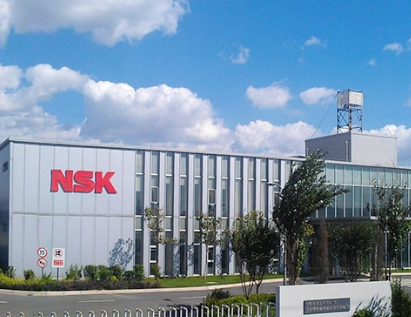
Introduction:
When it comes to bearings, quality standards and product certifications play a crucial role in ensuring reliability, performance, and safety. In this article, we delve into a comparison of the quality standards and product certifications of TIMKEN bearings and NSK bearings, shedding light on their commitment to excellence and adherence to industry regulations.
Quality Standards:
TIMKEN Bearings:
TIMKEN upholds the highest quality standards in its bearing manufacturing processes, adhering to stringent guidelines and industry regulations. The company’s quality management system is certified to ISO 9001 standards, encompassing all aspects of design, production, and distribution. Additionally, TIMKEN bearings comply with various international quality standards, including ISO/TS 16949 for automotive applications and AS 9100 for aerospace products. These certifications underscore TIMKEN’s commitment to delivering superior-quality bearings that meet or exceed customer expectations.
NSK Bearings:
Similarly, NSK maintains a robust quality management system that ensures the integrity and performance of its bearings. The company’s manufacturing facilities are certified to ISO 9001 standards, guaranteeing adherence to stringent quality control measures at every stage of production. NSK’s commitment to excellence is further reinforced by certifications such as ISO/TS 16949 for automotive bearings and AS 9100 for aerospace bearings. Moreover, NSK bearings undergo comprehensive testing and inspection procedures to validate their conformance to industry standards and customer specifications.
Product Certifications:
TIMKEN Bearings:
TIMKEN’s dedication to product quality and safety is reflected in the certifications and approvals obtained for its bearings. The company’s bearings are compliant with various industry-specific certifications, including the American Petroleum Institute (API) certification for bearings used in oil and gas applications. Moreover, TIMKEN bearings meet the requirements of regulatory bodies such as the European Union’s Restriction of Hazardous Substances (RoHS) directive, ensuring environmental sustainability and safety compliance.
NSK Bearings:
NSK’s commitment to product excellence is evidenced by the certifications and approvals obtained for its bearings across diverse industries. The company’s bearings are certified by regulatory agencies such as the Japan Industrial Standards (JIS) and the International Organization for Standardization (ISO), guaranteeing their compliance with global quality standards. Additionally, NSK bearings meet specific industry requirements, such as those set forth by the International Automotive Task Force (IATF) for automotive applications, further validating their performance and reliability.
Conclusion:
In conclusion, both TIMKEN and NSK bearings adhere to rigorous quality standards and hold certifications that attest to their commitment to excellence, safety, and performance. Whether it’s ISO certifications for quality management systems or industry-specific approvals for product compliance, both brands prioritize quality assurance to meet the diverse needs of customers across various sectors. By adhering to stringent quality standards and obtaining relevant product certifications, TIMKEN and NSK underscore their dedication to delivering reliable and high-performance bearings that exceed customer expectations.


